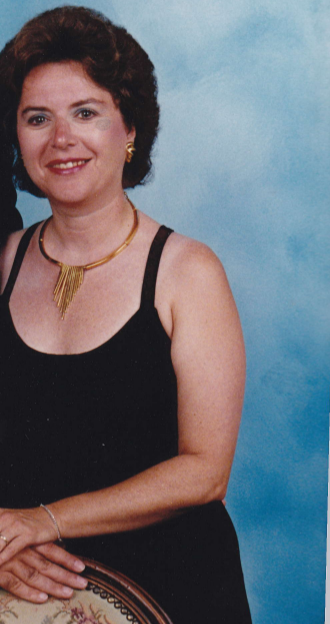Smoking on and off since I was thirteen, I’d tried every trick in the book to stop. Every attempt ended in failure, whether it was stopping cold turkey or gradually with the help of medication. I became, as the old joke goes, an expert on quitting. After all, I’d done it so many times. But, with the help of the Nicotine Dependence Program it seems to be working. Not only am I smoke-free, but I don’t really think much about smoking any more. I knew when I chose to stop that I needed help to do it. I was looking for a program that would provide structure and accountability without sermons or judgment. This program does that and more.

Smoking on and off since I was thirteen, I’d tried every trick in the book to stop. Every attempt ended in failure, whether it was stopping cold turkey or gradually with the help of medication. I became, as the old joke goes, an expert on quitting. After all, I’d done it so many times. But, with the help of the Nicotine Dependence Program it seems to be working. Not only am I smoke-free, but I don’t really think much about smoking any more.
I knew when I chose to stop that I needed help to do it. I was looking for a program that would provide structure and accountability without sermons or judgment. This program does that and more. The structure is a fluid one, designed to help me quit at a pace and with a method that suits my individual needs and lifestyle. No rigid rules. No group dynamic. No one-size-fits all strategy. The meetings with my counselor played a big part in my success. Her support, suggestions and encouragement helped me keep to my commitment without feeling guilty, under-appreciated or anxious.
We began our meetings on a weekly basis. At our first session we devised a plan that seemed practical and do-able: patches and medication. I began with the 21 mg patch, which I wore for about six weeks. I also began a daily regimen of Wellbutrin, medication that reduces nicotine cravings and withdrawal symptoms. Used in tandem, this seemed to do the trick. After several weeks, I reduced my patch to 14 mg and began to see my counselor every other week and then every three weeks. Today I have been smoke free since August and will reduce my nicotine patch to 7 mg in a few days. My next session with my counselor is now on a four-week basis.
The support I received from my counselor has added to my success. At her suggestion, I wrote a goodbye letter to my cigarettes. This sounds corny, but it truly helped me say good-bye to something on which I had relied for so long. I also kept a daily log of my progress, recording my feelings as I continued through the program. This was a tremendous help to me. It allowed me to vent my frustration and anxiety and became a useful reality check.
I have had few, if any, withdrawal symptoms. The method we devised for my quitting ensured a gradual weaning off of nicotine (thanks to the patches) and almost none of the anxiety or anger (due to the Wellbutrin) that I always found so intolerable that I went back to smoking.
Do I still want a cigarette? Sometimes, but not nearly as often as I used to. With the help of my counselor I’ve come to recognize how few of the pack-a-day I smoked were ones I really enjoyed and how many were strictly a force of habit. Her validation of my progress was really appreciated, as was her flexibility and guidance. The program was tailor-made to suit my needs and I recommend it highly.
To make an appointment with the Nicotine Dependence Program at UNC, please call (919) 843-1521.